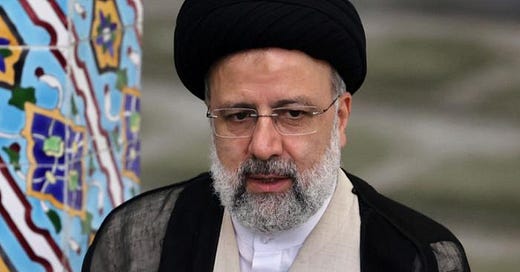Ayatollah Ebrahim Raisi in Latin America
Iran, Venezuela, Nicaragua, and Cuba forge a counterhegemonic alliance
Seyed Ebrahim Raisi was born in 1960 in the Nogham district of Mashad in Iran in the breast of a family of Persian clerics. He entered the seminary of the Holy City of Qom at the age of fifteen. He studied theology at the Ayatollah Mousavinejad School of Theology and obtained a doctorate in jurisprudence at Shahid Motahari University.
He began his career in the judicial system in 1980, when at twenty years of age he was among the first group of young clerics to be appointed to the newly established Islamic judicial system following the triumph of the Islamic Revolution in 1979. His work attracted the attention of the highest leaders of the Revolution, and he was appointed to various high judicial positions from 1989 to 2021, including Attorney General of Iran (2014 to 2016) and President of the Judicial Power of Iran (2019 to 2021).
Raisi was a presidential candidate of the Popular Front of the Forces of the Islamic Revolution in 2017…



